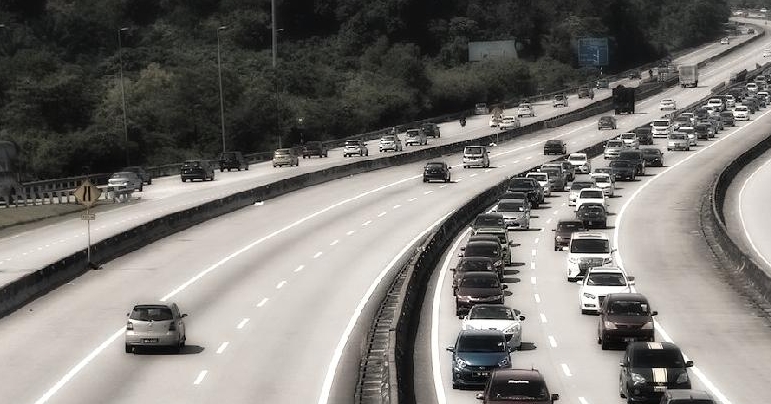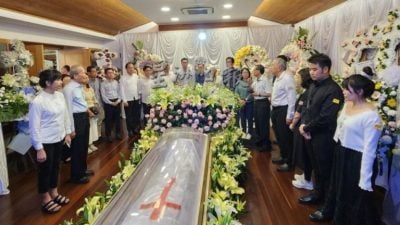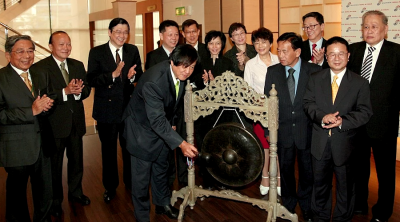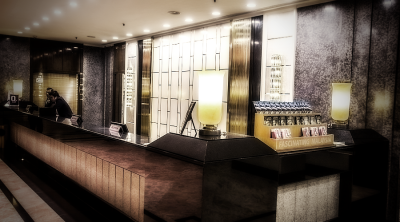By Lim Sue Goan, Sin Chew Daily
According to a survey conducted by the national security council, as many as 63% of respondents hope the government will relax cross-state travels after June 9. However, prime minister Muhyiddin Yassin is torn between extending and lifting the CMCO.
If we look at things purely from the perspectives of economy and public needs, indeed all economic sectors should be opened up after more than two months of lockdown, including reopening of schools, otherwise businesses barred from operating may have problem surviving while the students' progress in study will be affected.
Nevertheless, from the perspectives of virus containment, relaxation or lifting of CMCO carries a certain degree of risk, especially in Klang Valley and the surrounding areas. These areas should not be completely opened up after June 9 because there are still sporadic community infections.
Basically all other states other than Kuala Lumpur, Selangor and the surrounding areas have not reported new COVID-19 cases for many days. Very often infections in these states have been brought in by infected individuals traveling from Klang Valley, including a 35-week-pregnant woman returning to Kuala Krai in Kelantan from Ampang, Selangor, last month.
Another instance involves two UPSI Tanjung Malim students who tested positive for the coronavirus after returning to their home state Sabah.
According to statistics, of the 6,894 confirmed cases reported in the country as of May 17, some 971 cases or 14.1% of the total had the history of interstate travels.
Some of the cases reported in Klang Valley have been linked to the tabligh event at Seri Petaling mosque, including the Selayang wholesale market cluster that later spread to the other markets.
Foreign workers also constitute an important medium in the spread of the coronavirus. Several infection clusters have been detected at Klang Valley's construction sites with high concentrations of migrant worker populations, while 354 illegal foreign workers held at immigration detention depots in Bukit Jalil, Semenyih and Sepang have also tested positive.
Weirdly, the issue of hygiene among migrant workers has been around for a very long time, but the special cabinet committee on foreign workers and illegal immigrants has only adopted the new policy on foreign workers very recently.
The authorities have imposed enhanced CMO at various locations across Klang Valley to contain the coronavirus outbreak, including Menara City One and two blocks of flats on Jalan Masjid India in KL, Pudu area, Ulu Langat, and Jalan Othman market in PJ Old Town.
What is more worrisome is the possible outbreak in the country's prisons. This issue has been encountered in many other countries and some of the minor offenders have been released to minimize the risk of infection.
Prisons department director-general Zulkifli Omar has expressed his concern that sending people flouting MCO rules into the prison could further exacerbate the situation.
Unfortunately, a foreign prisoner held at Sungai Buloh prison has tested positive for COVID-19, forcing the authorities to conduct tests on 700 prison staff and some 800 inmates. If the government is not prepared to conduct COVID-19 tests in all prisons across the country, how are we going to prevent our prisons from becoming a hotbed for the virus?
Another worrisome phenomenon is that the virus is hidden in the midst of our community. The newly found Cheras flat cluster in KL could very likely be related to Hari Raya visits.
Additionally, the virus has also made its way into the prime minister's office and foreign affairs ministry.
Auditor-General Nik Azman who attended the post-cabinet meeting, was diagnosed with COVID-19, sending prime minister Muhyiddin into 14-day home quarantine.
Hari Raya visits can significantly increase the infection risks, and as such the prime minister's special advisor on public health Dr Jemilah Mahmood has proposed to implement "lockdown" measures during Hari Raya to curtail the spread of the coronavirus.
Hari Raya is over for about ten days now, and if there are no remarkable spikes in new confirmed cases over the next few days, the government should consider opening up more sectors such as education, night markets and pasar tani.
The extension of ban on interstate travels will invariably impact the local tourism industry, and more hotels are expected to shut down soon.
Besides, restrictions on interstate travels will also make it impossible for economic and social activities to be fully restored, thus dampening the market sentiment.
People working outstation will not get to see their parents and relatives at home, which is very sad. As such, additional SOPs must be enforced on people traveling interstate from and into Selangor/KL, to prevent a new wave of infections.
As the coronavirus outbreak is still serious in many countries, travel bans should still be in force. Nevertheless, travels between Malaysia and less seriously affected regional countries such as Thailand should be relaxed in a bid to stimulate the tourist industry. The eventual full reinstatement of social visits among the people of Malaysia and Singapore should help mitigate the market downtrend and the unemployment problem.
As the vaccine will only be made available earliest by end of this year, it is impossible for the country to stay locked down until next year. Lifting of MCO is an unavoidable trend, but people must learn to live with the virus and adopt the necessary preventive measures to stay healthy while keeping the economy up and running.

ADVERTISEMENT
ADVERTISEMENT


































